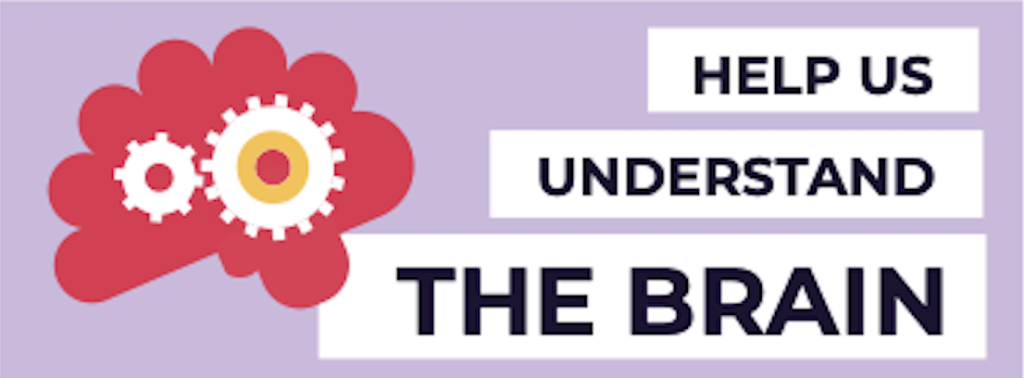Mental health challenges are common in children, youth, and adults with prenatal alcohol exposure (PAE). If these challenges are not treated, they can persist for many years. Many mental health problems first emerge in adolescence, but we don’t know a lot about exactly how and when mental health problems begin for people with PAE.
People with PAE also tend to have subtle brain differences, such as smaller brain volume or weaker brain connectivity. These brain differences often occur in areas related to mental health. It is possible that these brain differences contribute to the mental health difficulties seen in people with PAE, but this has not yet been studied.
To learn more about mental health, the brain, and PAE, we are conducting a study in children and youth. Our study uses brain imaging (magnetic resonance imaging, or MRI) to measure brain structure and function. We also use comprehensive assessments of mental health and cognitive functioning, including questionnaires and interviews. We are going to do this research over a span of 2 years. Doing measurements over time helps us understand not just what the brain looks like at one time point, but also how it grows.
We are recruiting people from Edmonton and Calgary to participate in this study. We are looking for children and youth with prenatal alcohol exposure between 7-18 years old. The study involves three steps:
- An initial 6 to 9 hour visit to the Alberta Children’s Hospital (Calgary) or University of Alberta (Edmonton) for a brain MRI and mental health assessments. The visit can be split over two days.
- Filling out online surveys about mental health one year after your initial visit.
- Another brain MRI and assessment in Edmonton or Calgary two years after your initial visit.
MRI is a safe and non-invasive way to take pictures of the brain, and we have lots of ways to make sure it is comfortable for people (for example, you can watch a movie). We provide parking or transit tickets and we will compensate you for your time at each step ($150 Time 1, $50 Time 2, $250 Time 3).
Our study will help understand how brain changes in individuals with PAE are related to mental health. By participating, you will help improve treatments and interventions to better support mental health for people with PAE and make a big difference for individuals with PAE in the future.
Email brainmri@ucalgary.ca if you’re interested in participating or fill out the registration form.
Written by Dr. Catherine Lebel
Principal Investigator
Developmental Neuroimaging Lab
